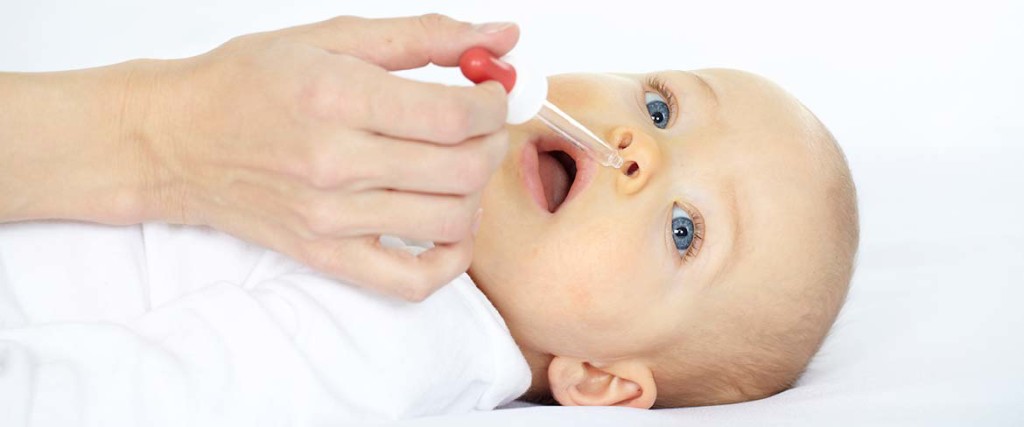
by Alicia Kenny
New baby? Lactation, or breastfeeding, is not only a natural, healthy way to provide the perfect mix of nutrients, hormones and proteins for your newborn, but it also creates an invaluable opportunity for mother and child to bond and develop emotional intimacy. Here are the basics:
- Establish breastfeeding within the first week of your baby’s birth and remember that the breasts work by “supply and demand” so you don’t have to wait for the milk to come before starting. (And colostrum, the yellowy substance secreted by the breast in the very beginning, gives your baby protection against disease!)
- Do your best to stay relaxed and comfortable while breastfeeding, giving Baby plenty of comforting skin contact and soft words. If necessary, help open Baby’s mouth with your finger and gently guide his or her mouth to the breast.
- Let Baby suck on one breast until it feels empty or for about 10-15 minutes, then offer the other one. Don’t be afraid to breastfeed whenever Baby is hungry which will probably be eight or more times per day, and unless your doctor tells you otherwise, give your baby nothing other than breast milk for the first six months. The American Dietetic Association says that, “Exclusive breastfeeding for 6 months and breastfeeding with complementary foods for at least 12 months is the ideal feeding pattern for infants.”
Besides the emotional and psychological benefits of lactation for both you and your little one, there are numerous positive physical effects for the two of you as well. For one thing, breast milk, which has been called the “gold standard of infant nutrition,” contains fatty acids essential to healthy cognitive development and visual acuity. Breastfed babies have a decreased likelihood of developing intestinal infection, eczema, allergies and dental problems. Mother’s milk contains antibodies that help protect the baby from illness and in the case of premature and critically ill babies, it is extremely important not only for the infant’s nutrition but also for the child’s very survival. Breastfeeding may also help prevent childhood obesity!
Lactation is of great value to mothers also. Postpartum hemorrhage is prevented and uterine involution (the return to a non-pregnant state) is promoted. Breastfeeding mothers also have a decreased risk of developing breast cancer, ovarian cancer, uterine cancer, heart disease and iron-deficiency anemia. Breastfeeding will help prevent another pregnancy from occurring within the first six months after his or her birth ensuring that the mother will have plenty of time to recover physically before her next pregnancy. Finally, as milk production uses an average 200-500 calories per day, breastfeeding can contribute to the loss of excess weight gained during pregnancy, a boon that has given many new moms something else to smile about! If you do make the choice to breastfeed, be sure to discuss your decision with your pediatrician or lactation consultant. Also, be aware of organizations and consultants that exist to help you with questions or problems that may arise. Two such resources are:
- La Leche League International – (800) LALECHE
- International Lactation Consultant Association – (919) 861-5577









